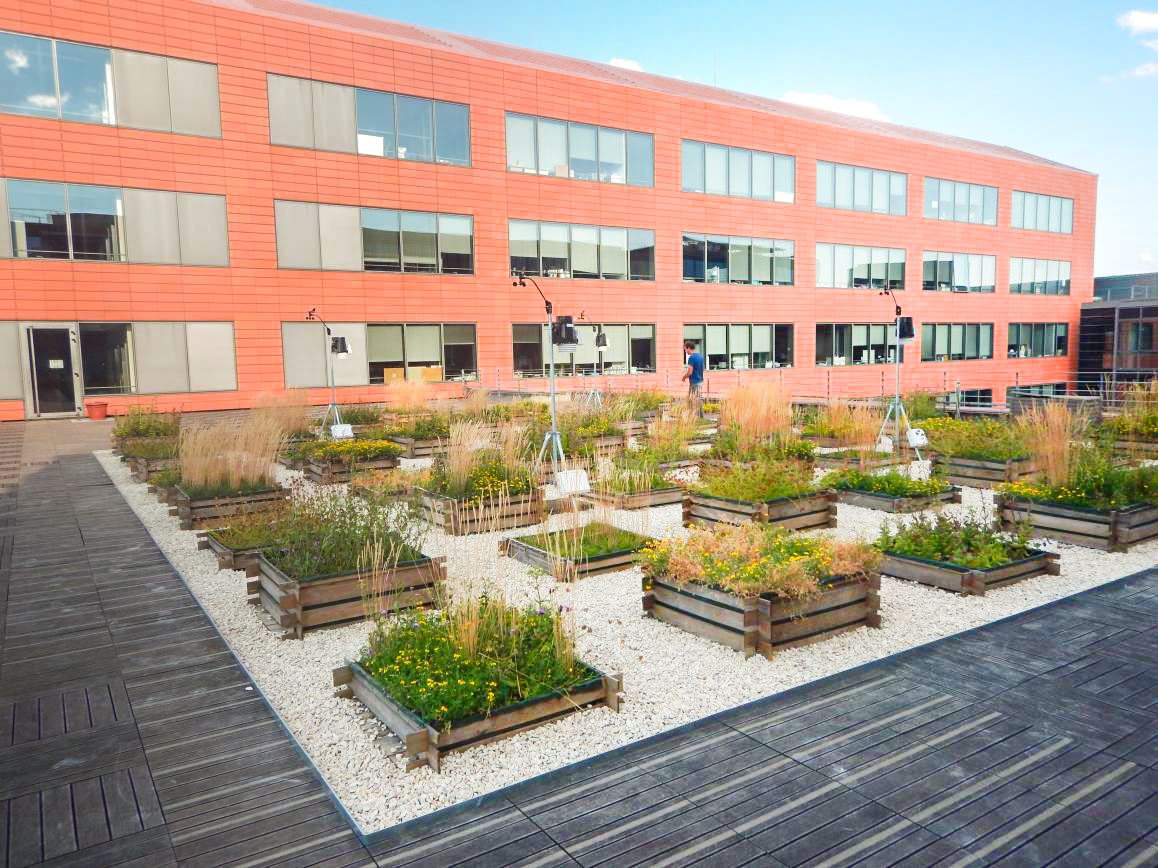2 Youtube channels were created during the confinement by Christian Peeters, DR CNRS. Secrets of ants Ant Life Secrets of ants Ant Life
Lire la suite / Read more

2 Youtube channels were created during the confinement by Christian Peeters, DR CNRS. Secrets of ants Ant Life Secrets of ants Ant Life
Lire la suite / Read more
Scientists from the CNRS, Université de Lorraine, and Inrae have developed the first cable-driven robot that can follow and interact with free-flying insects.

Smaller organisms are typically more abundant than larger ones, which is a fundamental characteristic of ecological communities. How environmental pulse disturbances affect these « abundance pyramids » remains poorly understood. In a study recently published in Ecology Letters, researchers from iEES Paris and the University of Zürich showed that disturbances which are not size-selective still […]
Lire la suite / Read more
The interdisciplinary program “Environmental and Ecological Risks in the South” builds directly upon the existing, long-term research partnership that we have with our colleagues from developing and emerging countries. Indeed, one of the critical issues in research today is how to reconcile economic development with the preservation of the ecological integrity of the environment.To meet […]
Lire la suite / Read more
Google traduction de la page en français What is ecological engineering? Ecological engineering is the application of the principles of ecology to environmental management.It is inspired by natural models and processes based on ecological interactions; it applies them while respecting their parameters and their procedures. Why ecological engineering? To avoid negative externalities in the management […]
Lire la suite / Read more
The transversal axis “Molecular frontiers in ecology” aims at combining traditional ecology and molecular biology, in order to explore new ecological or biological questions. Contact : Jérôme Mathieu The proposed dynamic is organized around two types of events: Regular thematic meetings Methodological workshops
Lire la suite / Read more
Google traduction de la page en français The transversal program “Urban Ecology” was initiated for this purpose with the objectives: to animate research in this field to federate and develop inter-team and inter-department projects within iEES Paris develop partnerships with local actors and authorities (association, municipality, etc.) In recent years, the urban environment has been […]
Lire la suite / Read more
Google traduction de la page en français The transverse research axis Convergences of ecological sciences for a more sustainable agriculture in the South and North aims to stimulate and federate research in agro-ecology within the unit. Agriculture and its sustainability represent a huge challenge for both human societies and Nature: The world human population continues […]
Lire la suite / Read more
In this prospective article, an international consortium coordinated by researchers from the University of Copenhagen examines the prospects for using the “third dimension” of agricultural land, i.e. the possibility, without resorting to new land, of increasing the volume of soil exploited by the root system of crops, thereby increasing the resource base available for agricultural production while minimizing the undesirable externalities frequently associated with current agroecosystems.
Lire la suite / Read more
City life could lead to differential evolution between urban and forest populations. Aurelie Khimoun and her collaborators showed, in their article published in Biology Letters, that urban populations of the tiny acorn ant are surprisingly not genetically differentiated from forest populations, suggesting expansion and lack of isolation. However, some genes display traces of selection that point towards an adaptation to the urban environment.
Lire la suite / Read more